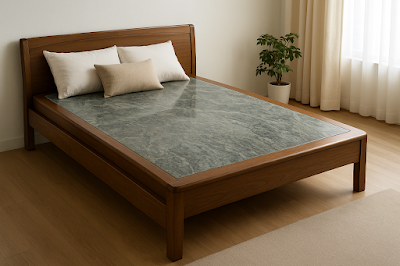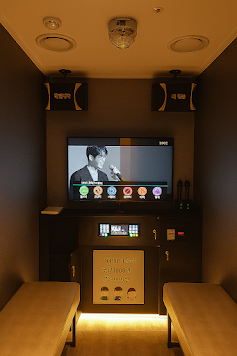Calling All Drink Lovers: Let Me Introduce You to Korean Makgeolli
🍶 Calling All Drink Lovers: Let Me Introduce You to Korean Makgeolli Makgeolli (막걸리) is Korea’s oldest traditional drink — a cloudy, slightly fizzy rice wine with over 2,000 years of history. Once the choice of farmers after a long day in the fields, it’s now found in trendy bars across San Francisco, LA, and New York. 🌾 What is Makgeolli? It’s made by fermenting steamed rice with a natural yeast starter called nuruk. The result? A creamy, tangy, slightly sweet drink that’s rich in probiotics and way easier to drink than strong spirits. ✈️ Why Are Americans Falling in Love with Makgeolli? Natural Wine Vibes: Unfiltered, fermented, and full of good bacteria. Easygoing ABV: Usually around 5–6%, making it light and friendly. Instagrammable Looks: That cloudy swirl? Pure visual joy. Global Curiosity: It’s a foreign, traditional drink — mysterious, fun, and surprisingly tasty. Curiosity leads to discovery! At Jilli in San Francisco , people sip makgeolli tasti...





